|
3/20/2021 Book Review: David Smith and Phil Evans – Marx’s Kapital for Beginners (1982). Reviewed by: Jymee CRead NowIt is of no question that we as Communists should be studying history and theory as much as possible. Such regular study strengthens our ability not only to objectively analyze the conditions of capitalism in both a historical and contemporary context, it also gives us the tools, at least in most cases, to educate others and engage in principled and organized struggle. Some works, however, present an obstacle in building one’s understanding of class struggle, the inner-workings of capitalism, and similar concepts. One of the most commonly referenced books in regards to the sheer density and difficulty of the text is also one of the most important works for understanding capitalism; Marx’s Capital. The size of the text alone is enough to deter one from even attempting to read it, let alone the dense nature present in many of Marx’s works. Though we should still be encouraging people to read Marx, Engels, Lenin, Mao, Newton, Fanon, and other essential works, there are times where we must utilize works that aim to simplify the content of such figures so that the struggle against capitalism, white supremacy, imperialism, colonialism, and other reactionary tendencies can reach a broader audience. Written by David Smith and illustrated by Phil Evans, Marx’s Kapital for Beginners has proven to be of great significance in relieving the stress of attempting to understand the complexities of the fundamental text. Essentially a graphic and abridged version of Capital, Smith and Evans provide an easy to understand and lighthearted means of aiding those that have struggled with understanding what is considered by some to be Marx’s magnum opus. This work breaks down the vital foundations for understanding the mechanisms of capitalism; the accumulation of capital, wage-labor, surplus value, and other such vital concepts. Accompanied by illustrations both humorous and informative, broken down equations, and similar types of supplemental materials, Marx’s Kapital for Beginners explains easily and efficiently the intricate workings of Capital. For example, I personally had trouble understanding the M-C-M and C-M-C equations relating to commodities and money. Upon studying this book, however, I believe that I have gained a more firm grasp on the theory, albeit one that requires further studying of the text to truly crystallize my understanding of capital. This book serves as a great means of untangling Capital, however this it does have some issues. David Smith of the University of Kansas seems to contradict himself in his assessment of how to go about abolishing wage-labor and overthrowing the capitalist system. Smith expresses the benefits of worker’s democracy and cooperative control over the means of production and society itself. These cannot be denied by any means, but the ultimate contradiction in Smith’s presentation is that he simultaneously denounces at least in some form both the Soviet Union and socialist Cuba, while in a sense praising the Paris Commune and Rosa Luxemburg with an aura of fetishism. Mind you that the Paris Commune indeed is a great lesson in the need to establish a true proletarian government, and Rosa Luxemburg is indeed an admirable historical socialist figure with important works in her own right, but Smith’s application of this odd, pseudo-anti-authoritarianism is one of the more puzzling aspects of this book. The following images of these contradictions are subsequently laid out as such: Smith is in essence describing the practices and the fruits of the Russian and Cuban revolutions, respectively, elitist movements masked in socialist rhetoric, citing an Engels quote regarding French revolutionary Louis Blanqui and his approach to socialism. This analytical approach builds off of criticisms of Leninism made by Rosa Luxemburg before her death. As stated previously the importance of Luxemburg and the lessons of the Paris Commune cannot be understated, but Smith’s ahistorical analysis of the Soviet Union from Lenin to Stalin and socialist Cuba fails to take into account the mass support the workers held for the Soviet and Cuban governments, in addition to the mass participation in politics and socialist construction laid out in both Soviet and Cuban society. As seen in the book’s graphics, the cartoon workers are expressing a desire to take control of the means of production and establish a worker controlled government. Was such a task not undertaken by the Soviet Union under Lenin and Stalin? Has the Cuban revolution not upheld the desires of the workers, making numerous strides in socialist construction since the overthrow of the Batista regime? Smith even acknowledges the lesson that the Paris Commune presented, the need to overthrow the capitalist machinery as laid out by Marx in his critiques of the Commune. Is this not what Lenin expanded upon throughout State and Revolution? In his odd brand of anti-authoritarianism, Smith basically dismisses the entire structure of Lenin’s definition of the dictatorship of the proletariat, solely based on a perceived disdain for the idea of a dictatorship, at least from what can be inferred. Despite these flaws in their analysis of doing away with wage-labor and the mechanisms of capitalism, the significance of this abridged version of Capital cannot be undersold. Contradictions aside, Marx’s Kapital for Beginners provides a service of the utmost importance in making it easier for most if not all people to construct a more concrete analysis of capitalism and its inner-mechanisms. Should it serve as a replacement for reading the work that it seeks to simplify? Perhaps for some, though it should still be encouraged by all to read the original Capital. For those that are already versed in Marx’s lessons on the history and function of capitalism, or those that have studied more in-depth companions to Marx’s work such as David Harvey’s series “Reading Marx’s Capital,” Smith and Evan’s work can serve as an excellent and quick refresher. With an easy to understand presentation of Capital, accompanied by often humorous and clarifying visuals that provide further description and analysis of the societal, political, and economic functions of capitalism, Marx’s Kapital for Beginners wields a dual service in being an essential work for both the newest leftists and a supplemental work for the established Communists. Though the end of the book paints an odd picture regarding supposed authoritarianism and a misrepresentation of the lessons of the Paris Commune, this book from David Smith and Phil Evans nonetheless is significant in presenting the lessons of Capital in a more digestible fashion. AuthorJymee C is an aspiring Marxist historian and teacher with a BA in history from Utica College, hoping to begin working towards his Master's degree in the near future. He's been studying Marxism-Leninism for the past five years and uses his knowledge and understanding of theory to strengthen and expand his historical analyses. His primary interests regarding Marxism-Leninism and history include the Soviet Union, China, the DPRK, and the various struggles throughout US history among other subjects. He is currently conducting research for a book on the Korean War and US-DPRK relations. In addition, he is a 3rd Degree black belt in karate and runs the YouTube channel "Jymee" where he releases videos regarding history, theory, self-defense, and the occasional jump into comedy https://www.youtube.com/c/Jymee
0 Comments
Leave a Reply. |
Details
Archives
July 2024
Categories
All
|
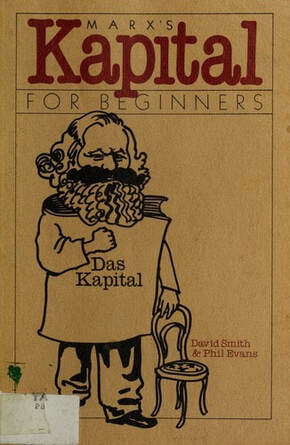
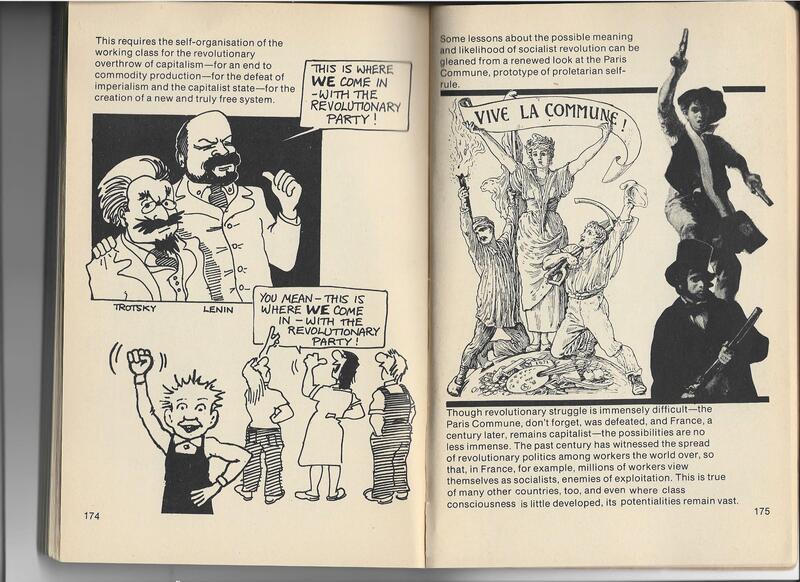
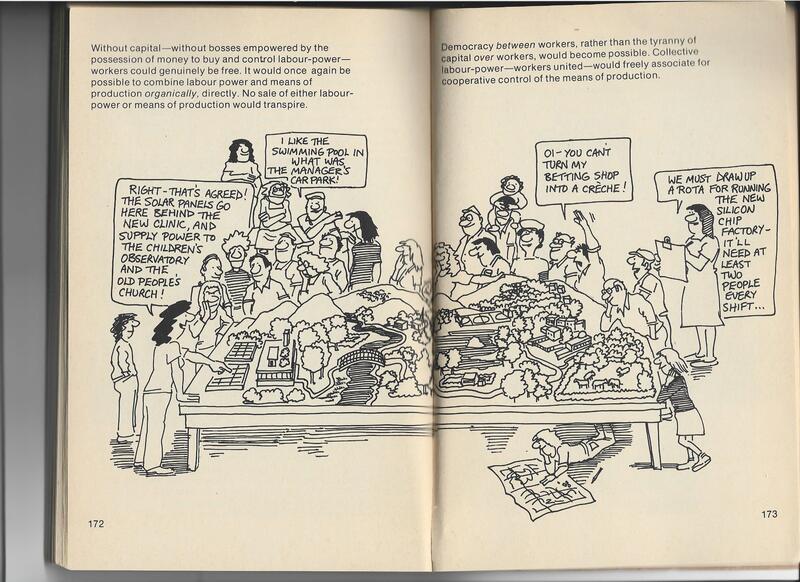
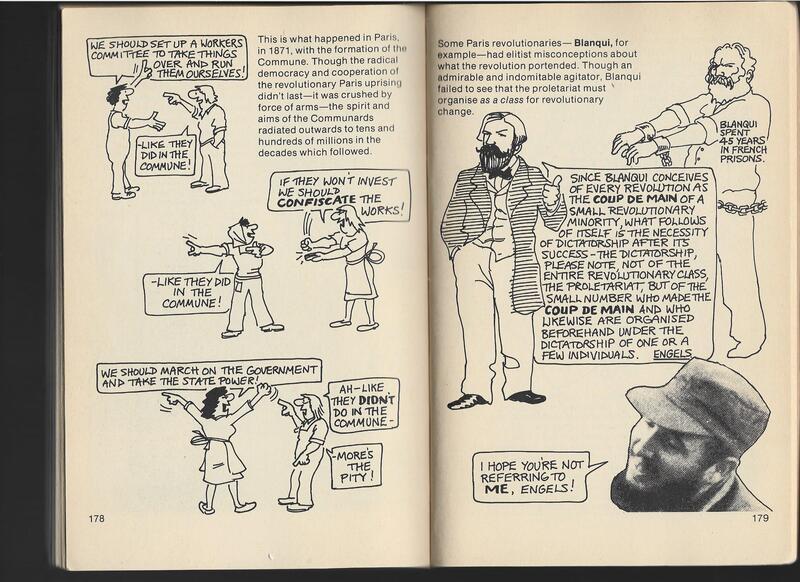
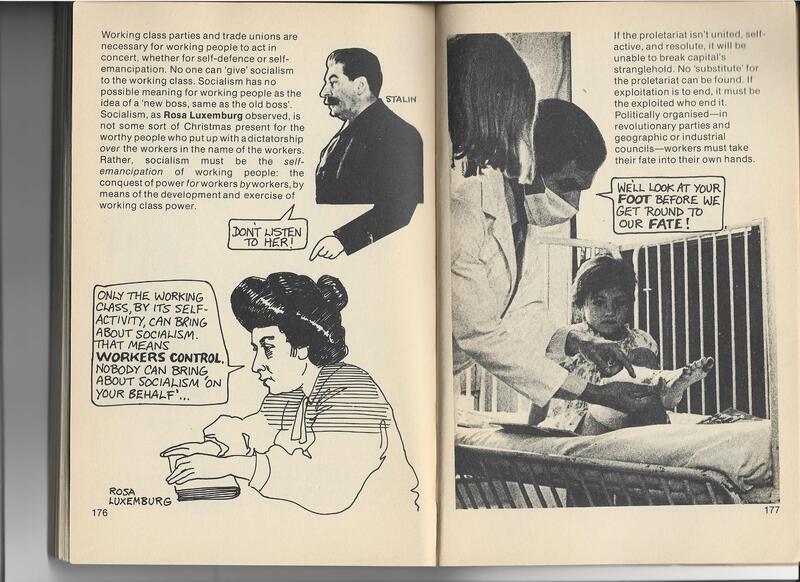
 RSS Feed
RSS Feed